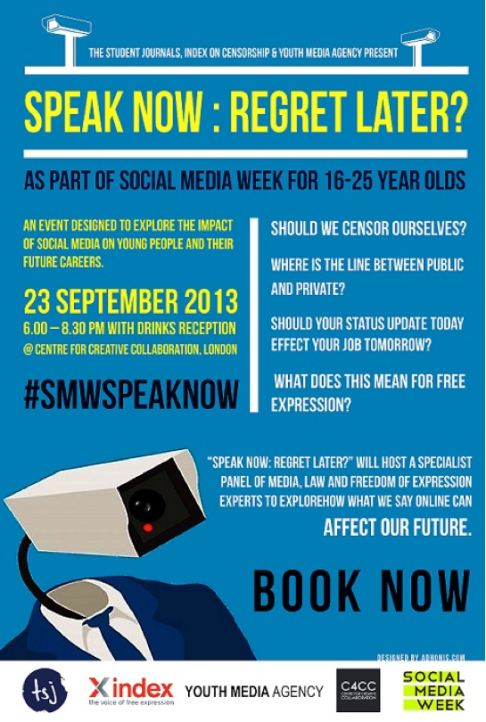Kids as innocent as they are, often have no idea what consequences their social media posts can have. The pictures and status updates they post online, can often get them into trouble. Last year, the Saint Augustine’s college in North Carolina refused to allow a student to participate in its graduation ceremonies due to bad behavior on Facebook. The question that remains is: what can we do about such behavior online? In California, the state happens to have the answer: they want to create a law which gives the youth the legal right to scrub away their online discretions. This law should let children under 18 erase their section compels like: status updates, tweets, pictures and other material.
This raises questions to me such as: if children can delete it from their social media profiles, will it also be deleted from the huge social media databases? Another question which comes up to me and many other critics is: how do social media sites know if a person is really under 18? This means that social media sties need to dig deeper in people’s personal lives. It needs to be sought out my social media websites whether someone is living in a country with such laws. Children will maybe even create profiles where they pretend to already be 18 years old. Although, I cannot deny that it is good that the government is keeping an eye on the social media pressure, I think that there should be better ways to make children and the youth aware of the dangers of social media.
One initiative has been a new concept called: ”speak now: regret later?” which was a congress on the 23rd of September 2013, for the youth between 16 and 25 years old, where a specialized panel discussed how young people can best represent themselves online. The panel also discussed the benefits and pitfalls of social media for young people and their future careers. The organizers of this congress came up with the idea to start a worldwide campaign to teach children as young as 8 to 10 years old at school about social media. Together with proper education from the parents, I think that this has more impact than laws. It’s the teachers, the parents and all people who are in contact with children who have to make children aware of the possible risks they take in using social media.
The majority of the young people who came to the congress said that they had learnt a lot more about social media. Most of them adapted their privacy settings and self-censored accordingly. As someone in a previous blog post wrote: it is more about a mindset change. However, I do think that this in a lot of times is only the case for adults. In my opinion, children and a lot of young people are still very vulnerable for advertisements as well as pressure from the social media websites.
Don’t get me wrong; I do not want to prohibit children to go onto social media websites. Social media has brought so many good things to children as well. I just think that there should be a bit more control and education towards children about the dangers. And as Wolfe Robinson one of the organizers of the congress said:
“My heart bleeds for this generation growing up with their baby photos being posted online by their parents; they are born digital and the rest of their lives will be documented across social media. I fully support the idea for a right to be forgotten, for us not to be judged on comments we made in our youth, but I understand this is probably an unrealistic expectation.”
sources: www.nytimes.com/2013/09/20/technology/bill-provides-reset-button-for-youngsters-online-posts.html?_r=0 http://www.indexoncensorship.org/2013/09/need-education-social-media/


I definitely think education is the key here. It’s not right to ban kids from social media, and it probably can’t even be done; they’ll always find a way to get an account anyway. However, I think that with proper education on privacy issues and cyberbullying a lot of problems can be solved. Schools should offer a programme and encourage parents to further discuss the topic at home.
Look at my last post https://socialmediarsm.wordpress.com/2013/10/02/classes-on-youtube/ ,
I think social media also have a lot of advantages for children. A lot of secondary schools and even some elementary schools increase the use of social media in their lesson methods. Because of the big online network of social media sites (in this case for instance a central youtube channel or internet page) this methode of education reach a large number of students. Students can easily check explanations of course theories and course assignments from a lot of different teachers.